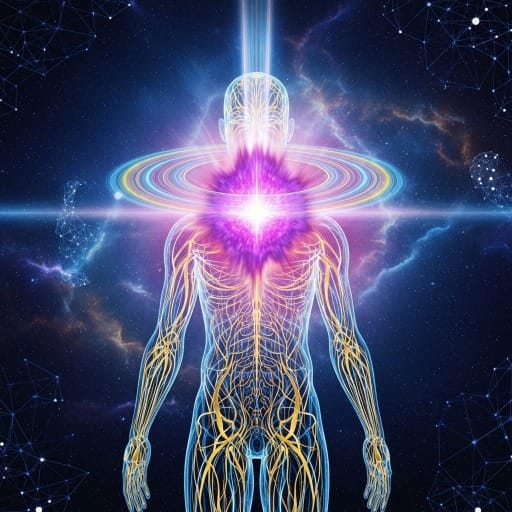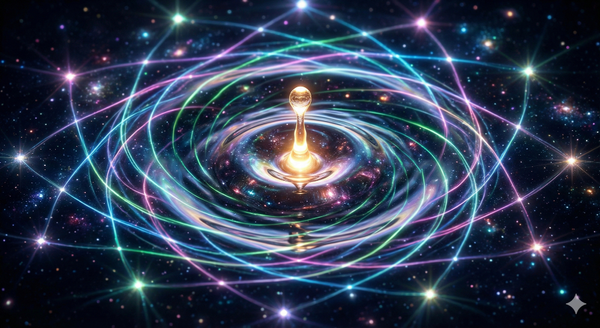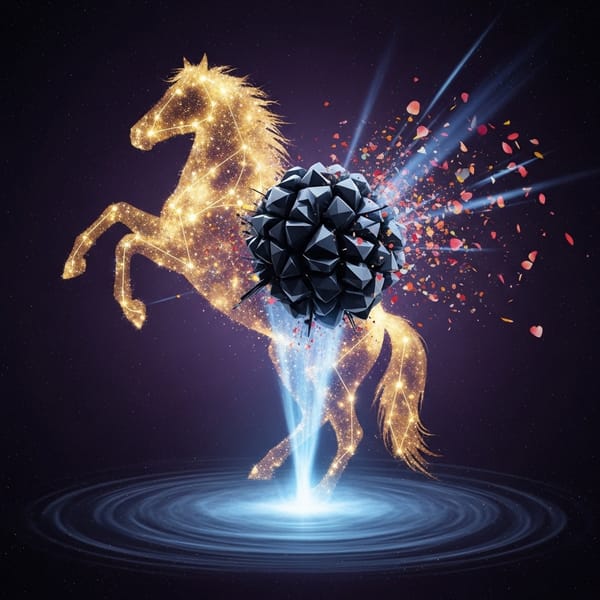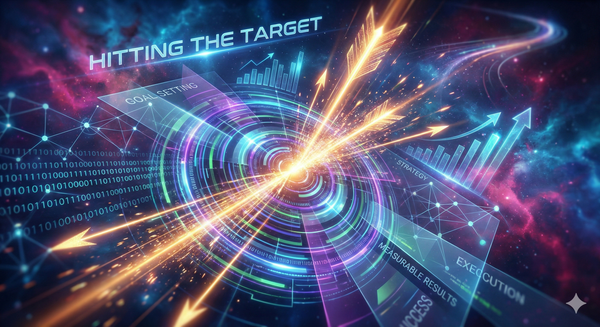God Is A Myth, Religion Is A Lie.
Explore spirituality beyond religion through holistic and metaphysical perspectives. Discover practices like meditation, self-exploration, and reinterpreting myths to cultivate inner wisdom, interconnectedness, and a personal, meaningful spiritual path.
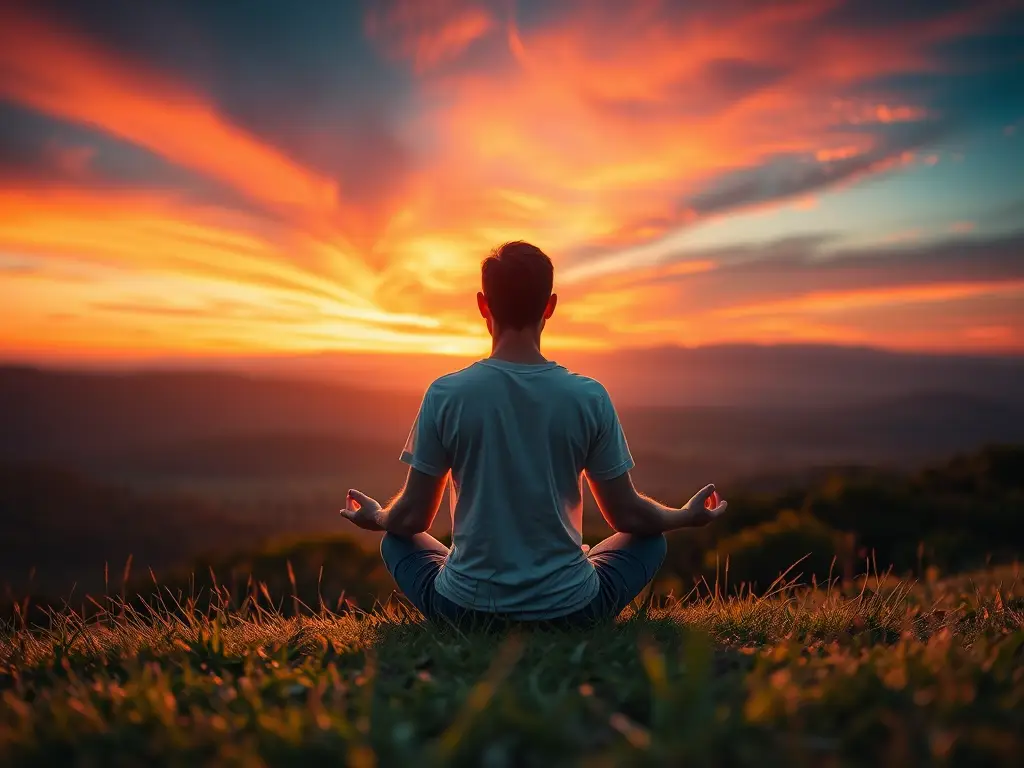
Key Takeaways
- Many seek a spiritual experience without traditional religion, craving a deeper connection.
- Holistic spirituality recognizes the interconnection of all things and encourages personal growth through co-creation.
- Explore metaphysical perspectives, including pantheism and existentialism, to gain a deeper understanding of reality beyond dogma.
- Meditation and self-exploration foster inner wisdom and support one's spiritual journey.
- Reinterpreting religious myths can reveal deeper truths and insights into personal growth and development.
🧭7 Ways to Explore Spirituality Beyond Religion: A Holistic and Metaphysical Journey
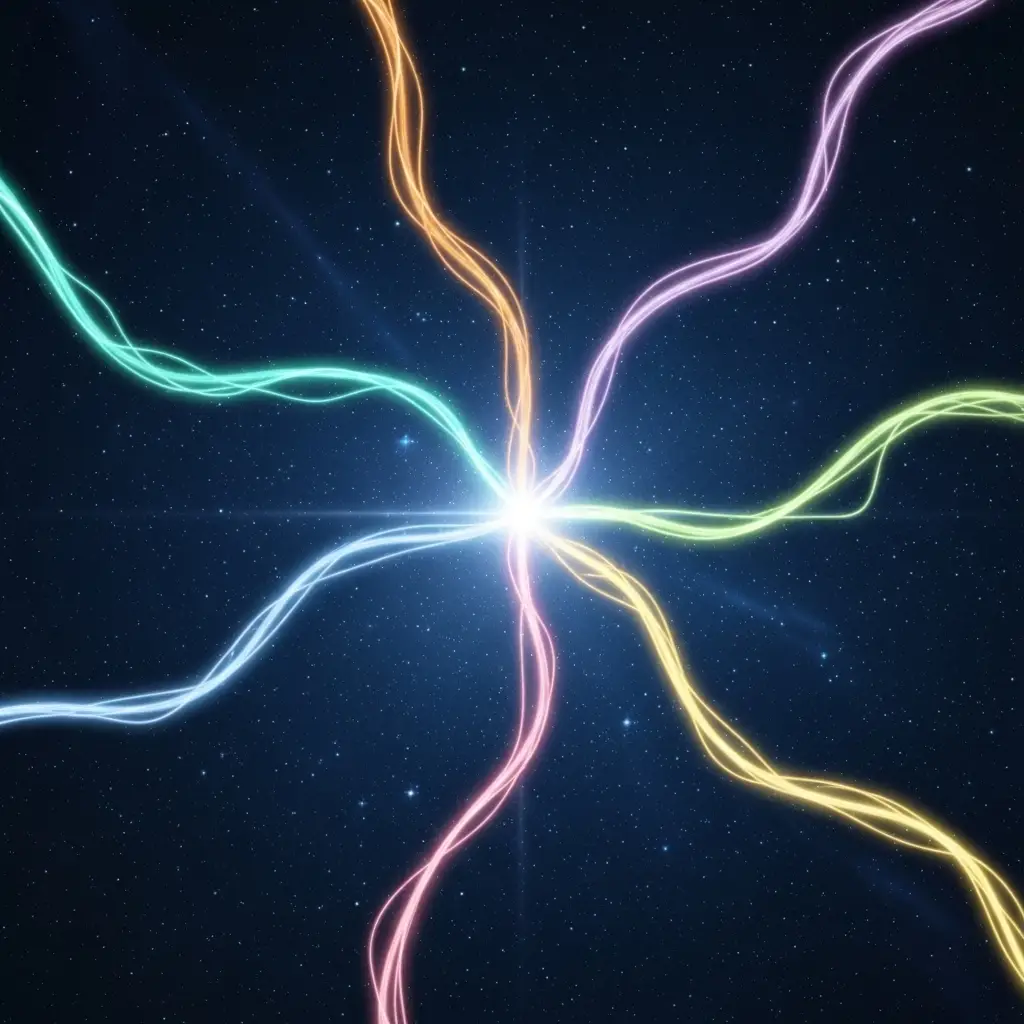
Many people feel disconnected from traditional religious teachings, yet still yearn for a deep and meaningful spiritual experience. If you're one of them, you're not alone. This is where spirituality beyond religion can play a role. This yearning often isn't just a thought; it's a feeling deep in your bones, a quiet but persistent ache for a connection that you can't quite name but know is real.
There's a growing movement towards a more personalized and holistic approach to spirituality, one that transcends dogma and embraces the interconnectedness of all things. In this blog post, we'll explore spirituality beyond religion, delving into holistic and metaphysical perspectives that can help you discover your own unique path to inner peace and a deeper connection with yourself and the world.
🌐Holistic Spirituality: Embracing the Whole
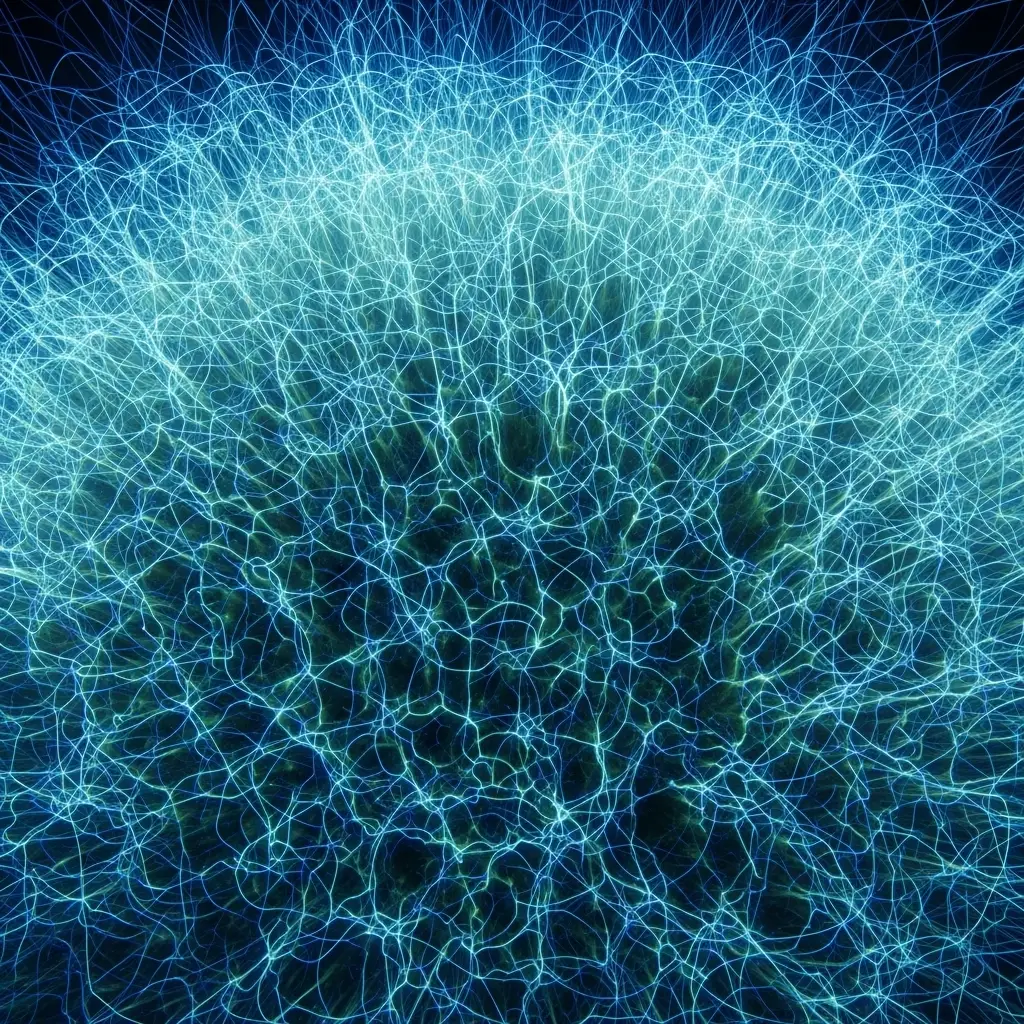
Holistic spirituality emphasizes the interconnectedness of all things. But this goes deeper than simply seeing yourself as a part of the universe; it's recognizing that you are a point through which the universe becomes conscious of itself. When you feel awe watching a sunset, it is the cosmos, through your eyes, appreciating its own beauty. This perspective encourages us to cultivate a deep sense of integration with nature, with others, and with our own inner selves.
Think of your mind, body, and spirit as a single ecosystem, constantly in exchange with the world around you. Consider your anxiety not just as a "you" problem, but as a signal from your ecosystem. Is it a response to the news you consumed? The food you ate? The lack of time in nature? Seeing it this way removes self-blame and replaces it with compassionate curiosity about your "internal weather" and how it mirrors the world outside.
- Personal Growth and Co-Creation: Holistic spirituality empowers you to take ownership of your spiritual growth. This isn't just about self-improvement; it's about co-creation. Think of your consciousness not as a camera that passively records reality, but as a projector and a camera combined. What you project—your beliefs, your focus, your energy—colors the reality you then experience and record. Recognizing your integrated nature means your thoughts, actions, and intentions are ripples that contribute to the unfolding reality. You are actively co-creating your experience and influencing the collective.
- Focus on Universal Principles: Rather than adhering to specific dogmas, focus on universal principles such as love, compassion, and interconnectedness. These are not rules to follow but qualities to embody.
- Nature as Sacred: A holistic interpretation views nature not only as a creation but also as a living expression of the sacred. It promotes a profound reverence for the Earth and all living beings as fellow participants in the great mystery of existence.
🌀Metaphysical Perspectives: Exploring the Nature of Reality
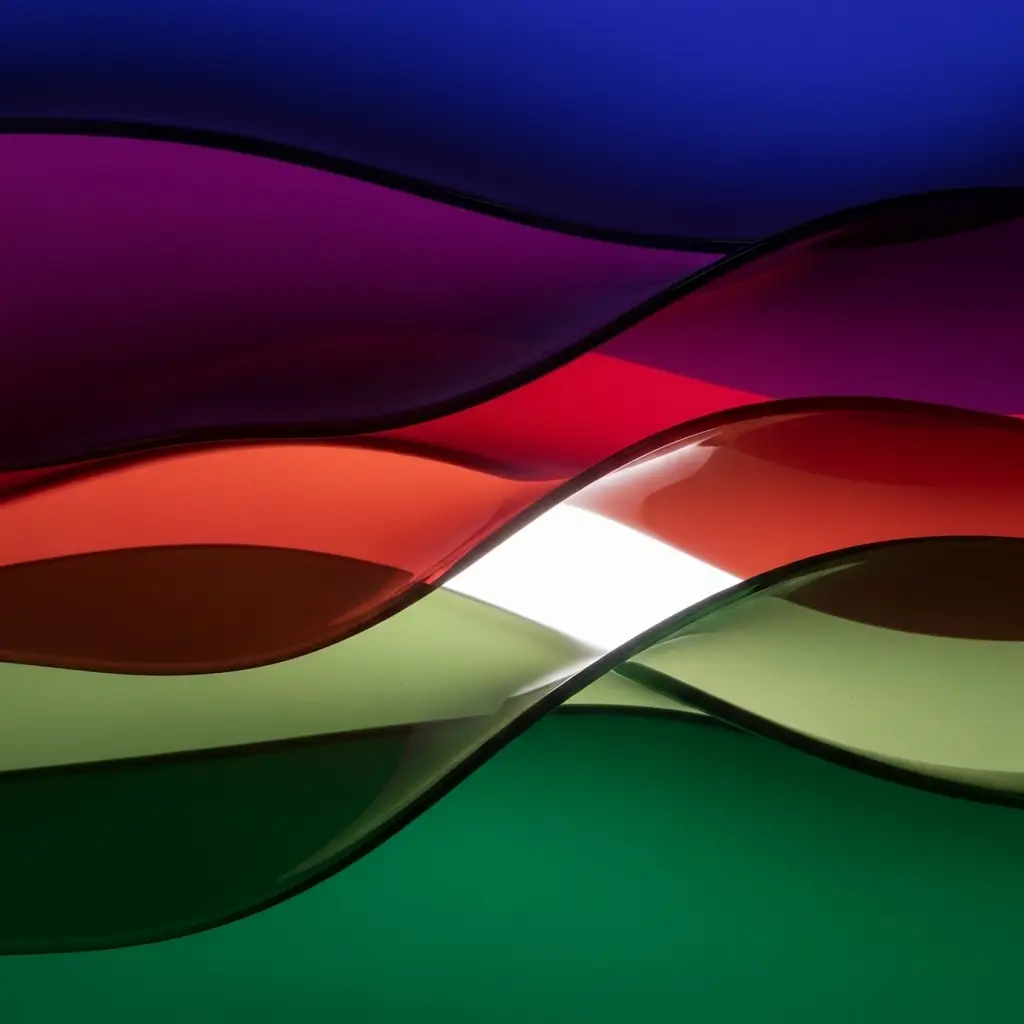
Metaphysics delves into the fundamental nature of reality, existence, and consciousness. It offers various frameworks that can enrich our understanding of spirituality beyond religion.
- Pantheism/Panentheism: These are not just abstract ideas, but ways of seeing. Pantheism ("All is God") holds that the divine is the very fabric of reality. The practice becomes one of "sacred observation." You can practice this through "sacred mundanity." The next time you wash the dishes, feel the warm water. Recognize that this water is part of the same hydrological cycle that carves canyons and nourishes rainforests. For that moment, the divine isn't in a distant heaven; it's flowing over your hands. Panentheism ("All is in God") suggests the universe is held within a greater consciousness, allowing for a sense of a larger intelligence while still keeping everything within it as sacred.
- Existentialism: This philosophy is often seen as grappling with a "meaningless universe." But the empowering truth of existentialism is this: if the universe does not assign you a purpose, you possess the radical freedom to create your own. This freedom isn't a void; it's a sacred canvas. Your life becomes your ultimate creative work, your masterpiece. The meaning you build through your choices, your passions, and your love is your unique, irreplaceable contribution to the cosmos. It is the ultimate act of spiritual sovereignty.
- Non-Dualism: Non-dual traditions propose that the separation we feel between "me" and "the world" is a deeply ingrained illusion. The ultimate reality is a unified whole, beyond concepts of God and separation. You can glimpse this in moments of "flow," when you are so absorbed in an activity that your sense of self fades away. In meditation, too, you can observe that there is no separate "thinker" behind your thoughts—there is only the process of thinking itself. And behind it all is a silent, aware presence—the witness. Building on this shared awareness is the direct experience of unity.
🧘Meditation and Self-Exploration: A Path to Inner Wisdom
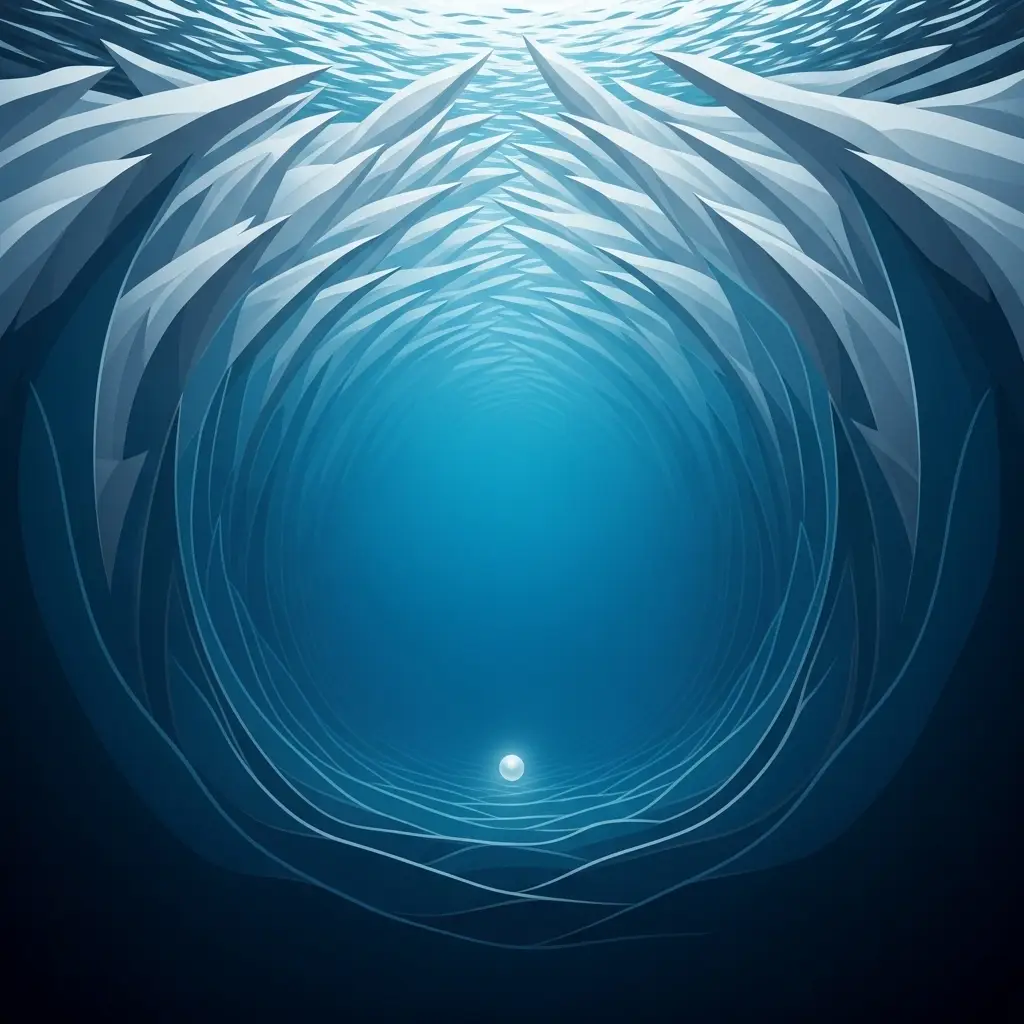
Meditation and self-exploration are key practices in holistic spirituality. A common myth is that meditation means emptying your mind. This is like trying to stop the ocean's waves—it’s impossible and frustrating. Instead, think of meditation as learning to be the calm, deep ocean itself, which is undisturbed by the waves of thought and emotion on the surface. You're not stopping the chatter; you're accessing the silence that was already there beneath it. It offers a way to quiet the mind, move beyond the ego, and connect with our own inner wisdom by becoming a compassionate observer of its landscape.
🗝️Reinterpreting Religious Myths: Unveiling Deeper Truths
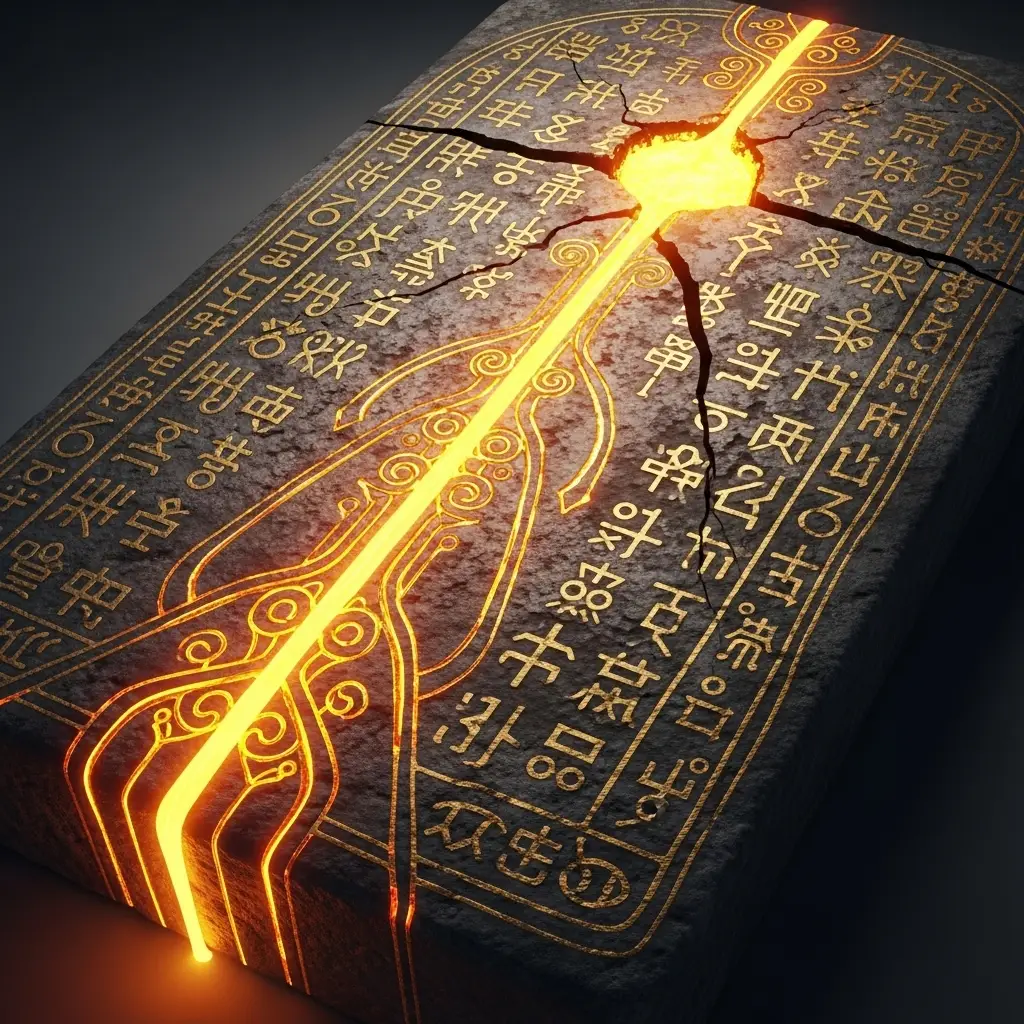
Religious myths and stories can be seen as symbolic maps of the human psyche. Instead of discarding them, we can reinterpret them to gain new insights.
A powerful tool for this is Joseph Campbell's "Hero's Journey," which reveals a universal pattern in myths that mirrors our own spiritual development. You can frame your own journey this way: questioning your old beliefs was your "call to adventure." Leaving the comfort of dogma was "crossing the threshold." The deep, sometimes painful, work of self-discovery is your journey into the "inmost cave." And learning to live authentically with your new understanding is "returning with the elixir" to share with the world, simply by being who you truly are.
Consider the story of the Garden of Eden. Instead of a literal story of sin, we can see it as a powerful myth about the birth of consciousness. "Eating the fruit" represents the moment humanity moved from a state of undifferentiated unity with nature to self-awareness, with all the anxiety, choice, and creative potential that comes with it. It’s not a story of a fall from grace, but a metaphor for our own cognitive evolution.
🔭The Role of Science and Philosophy
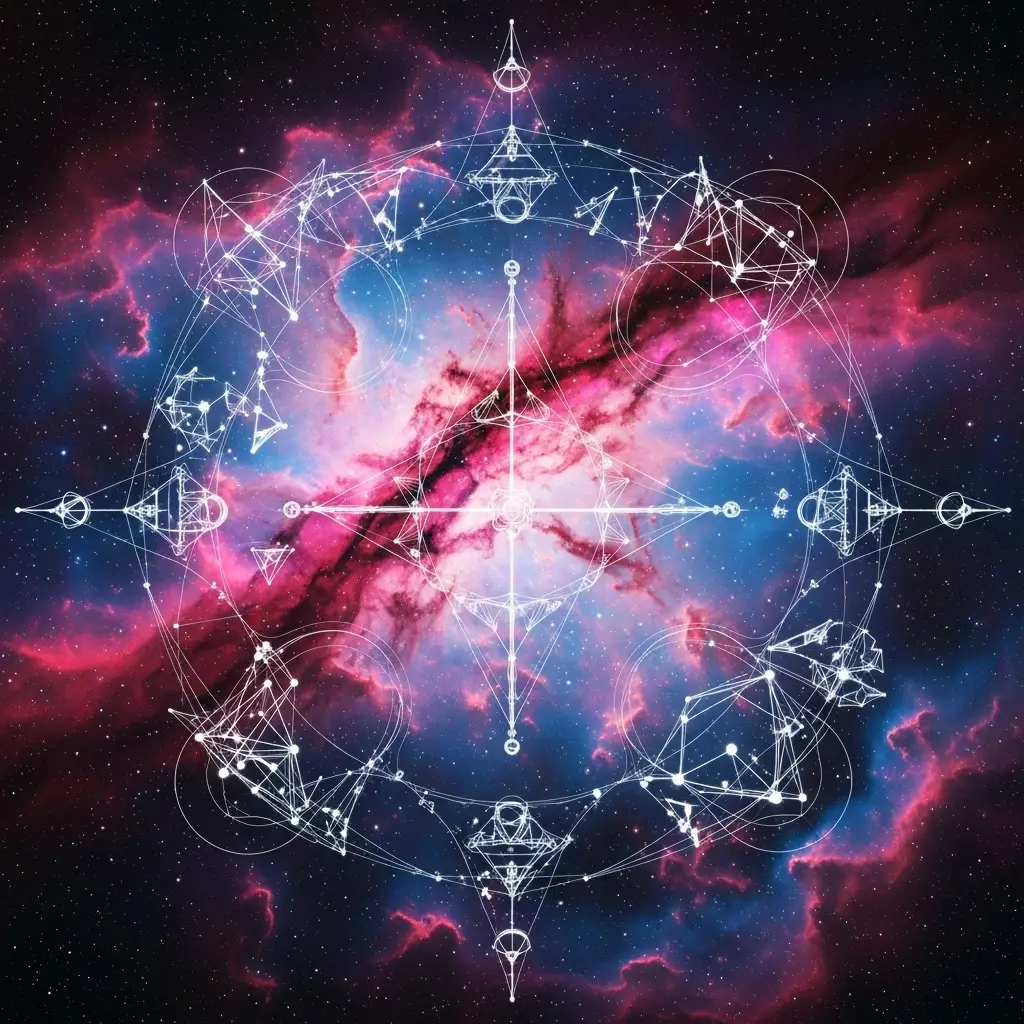
Science and philosophy are not enemies of spirituality; they are essential allies.
- Science as a Source of Awe: The scientific story of the cosmos is our modern creation myth, and it is breathtaking. To contemplate that you are made of stardust, that every atom in your body was forged in the heart of a dying star billions of years ago, is a profoundly spiritual experience. Or look to biology: the vast, intelligent, communicative network of mycelium (fungi) beneath a forest floor is a living, breathing model of the interconnected consciousness we're exploring. Science gives us a genesis story grounded in evidence and filled with a sense of wonder that rivals any ancient text.
- Philosophy as Your Guide: Science can tell you how the universe works, but philosophy helps you explore why it matters and how you can live a good life within it. Alongside frameworks like Stoicism, which offer practical wisdom for navigating life's challenges, you might explore Taoism, which teaches the art of "effortless action" (Wu Wei) and living in harmony with the natural flow of life. These become cornerstones of a personal spiritual practice.
✨Conclusion: Your Universe Within
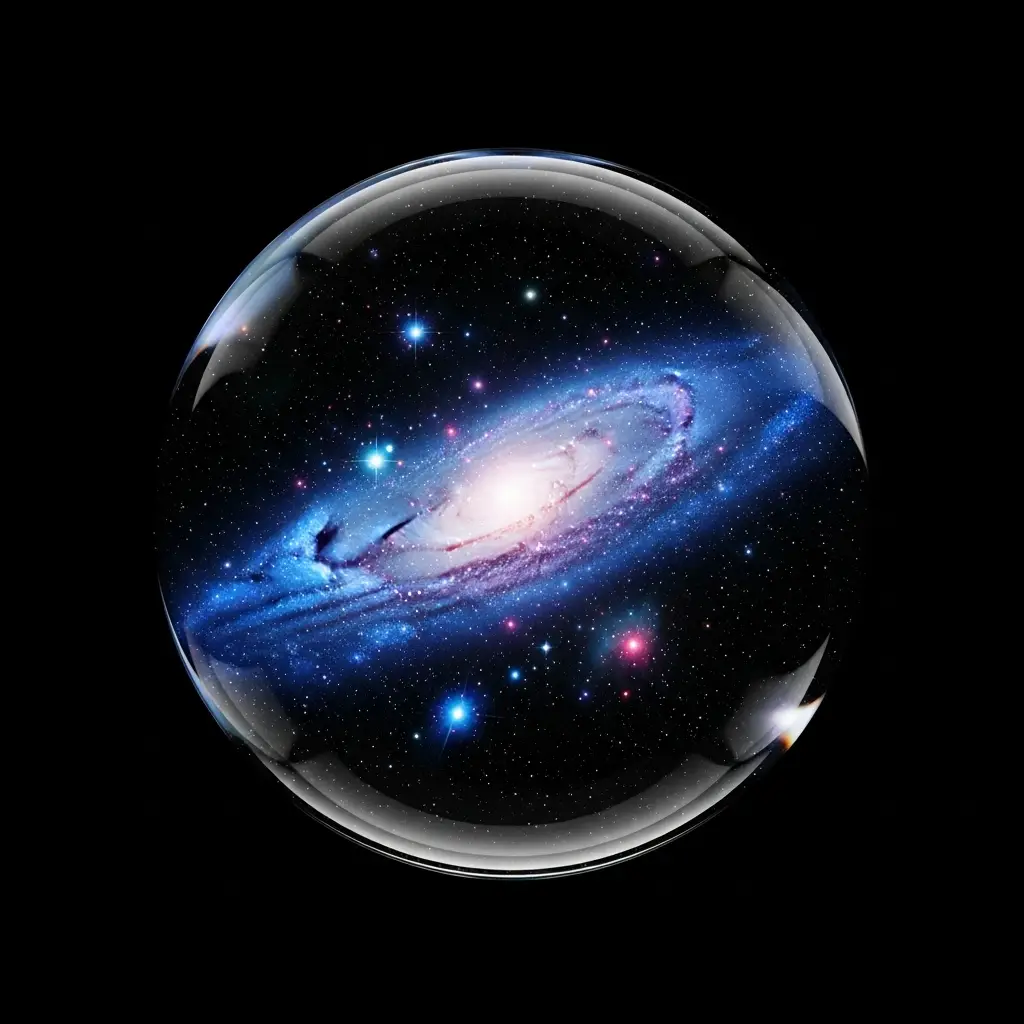
The journey away from traditional religion need not be an arrival at a spiritual void. Instead, it can be the beginning of a profound and personal adventure. You are not just the architect of your own understanding; you are the architecture itself. Every act of self-inquiry lays a new stone, every moment of connection opens a window to the light.
Remember the words of the poet Rumi, which echo this entire journey: "You are not a drop in the ocean. You are the entire ocean in a drop." The universe is not something you are in; it is something you are. The exploration is, and always has been, an act of coming home to yourself. The goal is not to find a new set of certainties, but to learn to live with grace and wonder within the beautiful, profound questions.
✍️Your Call to Action: Begin the Journey Now

Reading about this path is the first step; actively walking it is where the transformation happens. This is your invitation to move from intellectual curiosity to lived experience.
Your Task List for the Week Ahead:
Choose at least two of these and hold yourself accountable.
- Schedule 5 Minutes of Silence: Find a time each day to sit in silence simply. Don't try to "meditate" ideally. The task is just to sit, breathe, and observe your thoughts without judgment. Set a timer, show up for yourself, and notice what arises in the quiet.
- Go on a "Connection Walk": Spend 20 minutes walking in nature. Leave your phone and headphones behind. To pull yourself into the present, try the "5-4-3-2-1" method: consciously notice five things you can see, four things you can feel (the breeze, the ground under your feet), three things you can hear, two you can smell, and one you can taste (even just the air itself). The goal is to feel, not just see, your connection to the world.
- Engage in Contemplative Inquiry: Open a journal and spend 10 minutes writing uncensored on this question: "What does 'interconnectedness' mean in my own life?" This is not about finding the "right" answer, but about engaging your own inner philosopher.
- Reinterpret a Personal Myth: Think of a story or belief from your childhood that you no longer literally believe. The task is to identify the deeper, symbolic truth within it. Did a fairy tale teach you about resilience? Did a religious story teach you about compassion? Reclaim the wisdom, separate from the dogma.
Beyond this week: Creating Your Own Rituals
As you move forward, consider creating your own simple, meaningful rituals to anchor your practice.
- Morning Intention: Take 60 seconds upon waking to set an intention for the day. (e.g., "Today, I will practice patience," "Today, I will look for beauty.")
- Evening Gratitude: Before sleep, mentally list three specific things you were grateful for. This trains the mind to notice the good.
- Mark the Seasons: Acknowledge the solstices and equinoxes. These are natural, universal cycles that connect your personal life to the grand rhythms of the Earth.
- Create a Sacred Space: This doesn't need to be a formal altar. It could be a chair by a window, a corner of your desk with a special rock, or a plant. Having a physical place that you associate with your inner work signals to your mind and spirit that it's time to connect.
This journey is yours alone to walk, but you are not alone in walking it. Trust your intuition, be patient with yourself, and embrace the wonder of discovering a spirituality that is as authentic, dynamic, and boundless as you are. The exploration starts today.
“Our actions and decisions today will shape how we will live. And so it is.”
If my writing resonated with you—making you pause, smile, or think—consider buying me a coffee. Your support fuels my thought process and keeps this dream alive, word by word.🍵
📚Recommended Reads & Resources
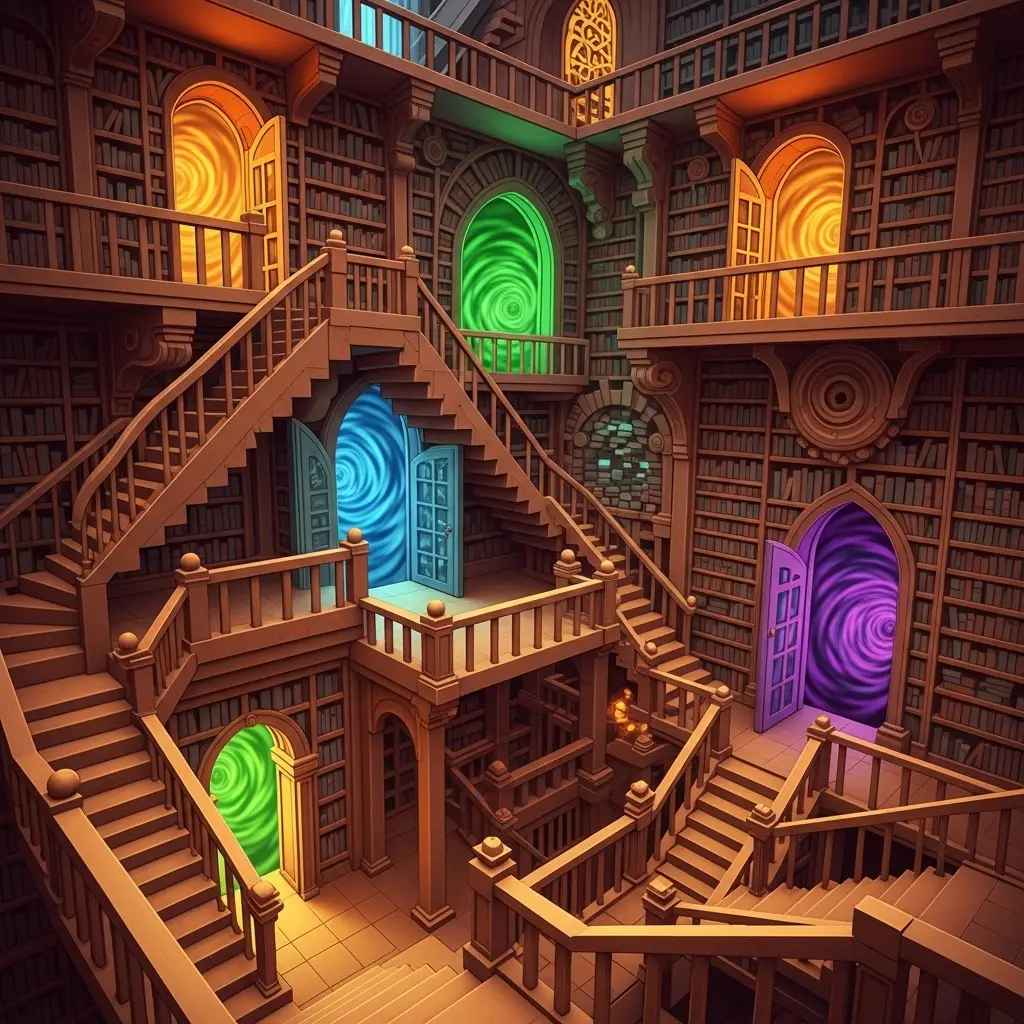
Suggested Books
The books are categorized to align with the article's main sections and ideas.
Foundational Reading: Spirituality Beyond Religion
- Waking Up: A Guide to Spirituality Without Religion by Sam Harris: A perfect starting point for the rational skeptic. Harris, a neuroscientist and philosopher, argues that a direct experience of consciousness is attainable and essential for well-being, all without religious dogma.
- The Wisdom of Insecurity: A Message for an Age of Anxiety by Alan Watts: Watts was a master at translating Eastern philosophy for a Western audience. This book brilliantly explores how our search for security and certainty is the very source of our suffering, offering a path to embracing the present moment.
- The Power of Now: A Guide to Spiritual Enlightenment by Eckhart Tolle: A global phenomenon for a reason. Tolle provides a practical guide to quieting the incessant chatter of the mind (the ego) to discover the deep sense of peace and presence that is always available.
- A New Earth: Awakening to Your Life's Purpose by Eckhart Tolle: A follow-up to The Power of Now that focuses on transcending the ego-based state of consciousness on a collective level, which aligns with the article's theme of interconnectedness.
Holistic & Metaphysical Perspectives
- Braiding Sweetgrass: Indigenous Wisdom, Scientific Knowledge and the Teachings of Plants by Robin Wall Kimmerer: This book is a beautiful embodiment of holistic spirituality. Kimmerer, a botanist and member of the Citizen Potawatomi Nation, weaves together scientific and indigenous ways of knowing to foster a profound sense of reverence and reciprocity with the natural world.
- The Tao of Physics by Fritjof Capra: For those interested in the parallels between modern physics and Eastern mysticism, this classic explores how quantum mechanics and non-dual traditions often point to the same underlying, interconnected reality.
- Be Here Now by Ram Dass: A counter-culture classic that serves as a "first-person manual" for a spiritual journey. It transitions from a personal story to practical yoga/meditation techniques, concluding with a list of "books to hang out with." It perfectly captures the spirit of personal exploration.
- I Am That by Nisargadatta Maharaj: A foundational text in non-dual philosophy. Through a series of powerful dialogues, it repeatedly points the reader back to the fundamental awareness of our true nature, beyond the illusion of a separate self.
Reinterpreting Myth & Story (The Hero's Journey)
- The Power of Myth by Joseph Campbell, with Bill Moyers: This book offers a concise, accessible introduction to Campbell's work, presenting a transcript of their famous PBS interviews. It beautifully explains the universal patterns in myths and how they function as maps for our own psychological and spiritual journeys.
- The Hero with a Thousand Faces by Joseph Campbell: The seminal, more academic work that lays out the "monomyth" of the Hero's Journey in detail. A must-read for anyone seeking to understand the profound structure of storytelling and personal transformation.
- Man and His Symbols by Carl G. Jung: Jung's work is the psychological bedrock for understanding archetypes and the collective unconscious. This is the only book he wrote for a general audience and is the best introduction to his ideas on how symbols and myths shape our psyche.
Science, Philosophy & Awe
- Cosmos by Carl Sagan: Sagan was a master at evoking profound wonder and spiritual awe from a purely scientific perspective. This book is our modern creation myth, telling the story of the universe in a way that fosters a deep connection to it.
- Meditations by Marcus Aurelius: The quintessential text on Stoicism. These are the private journals of a Roman emperor, offering timeless, practical wisdom on living with virtue, navigating adversity, and finding inner peace regardless of external circumstances.
- Tao Te Ching by Lao Tzu (Stephen Mitchell translation): The foundational text of Taoism. Its short, poetic verses offer a guide to living in harmony with the "Tao"—the natural, effortless flow of the universe. The Stephen Mitchell version is widely praised for its accessibility and beauty.
- Man's Search for Meaning by Viktor Frankl: A powerful entry point into Existentialism. As a psychiatrist and Holocaust survivor, Frankl argues that our primary drive in life is not pleasure but the discovery and pursuit of what we find personally meaningful, even in the most dire circumstances.
Online Resources
Podcasts
- On Being with Krista Tippett: In-depth, gentle conversations with scientists, theologians, artists, and poets about the "big questions" of life: what does it mean to be human, and how do we want to live?
- Making Sense with Sam Harris: For the intellectually rigorous. Harris explores a wide range of topics—from meditation and consciousness to morality and current events—through a lens of rational inquiry.
- Tara Brach: Brach, a Ph.D. in clinical psychology and a leading Western teacher of Buddhist meditation, offers weekly talks and guided meditations that blend psychological insight with mindfulness practices. Her work on compassion and radical acceptance is compelling.
- The Alan Watts Organization Podcast: A fantastic resource that shares archival recordings of Alan Watts's lectures, which remain as insightful and relevant today as they were decades ago.
Websites & Blogs
- The Marginalian (formerly Brain Pickings) by Maria Popova: An incredible online treasury of "interestingness," cross-pollinating ideas from philosophy, science, poetry, and art to explore the pursuit of a meaningful life.
- Wait But Why: Known for its long-form, stick-figure-illustrated posts, this site delves deeply into complex topics (such as AI, space exploration, and human psychology) that often leave the reader in a state of profound awe and existential contemplation.
- Daily Stoic: Created by Ryan Holiday, this is the central hub for practical Stoicism, offering daily emails, articles, and resources for applying ancient wisdom to modern life.
Apps for Practice
- Waking Up: Sam Harris's app. It's more of a "consciousness operating manual" than just a meditation app, featuring guided meditations, a robust theory section, and conversations with leading thinkers. It's ideal for those who are skeptical of spiritual jargon.
- Insight Timer: Offers the most extensive free library of guided meditations online, with thousands of teachers from various traditions (including many secular mindfulness guides).
- Calm / Headspace: Both are excellent, highly polished apps for beginners seeking to establish a consistent meditation practice, offering structured courses on topics such as stress, anxiety, and focus.
SoBrief.com is an AI-powered digital platform that provides concise summaries of an extensive catalog of books, enabling users to grasp a book's key takeaways in about 10 minutes.
Remember to explore these resources with an open mind and trust your intuition to find what resonates most deeply with your journey of rediscovery.
🔗 Affiliate Note: Some links on this page may be affiliate-based, allowing us to earn a small commission at no additional cost to you. Your support helps fuel this creative and healing mission—thank you!
Izalgo produced the images herein with AI-powered software.
Copyright ©️IZALGO, LLC All Rights Reserved

